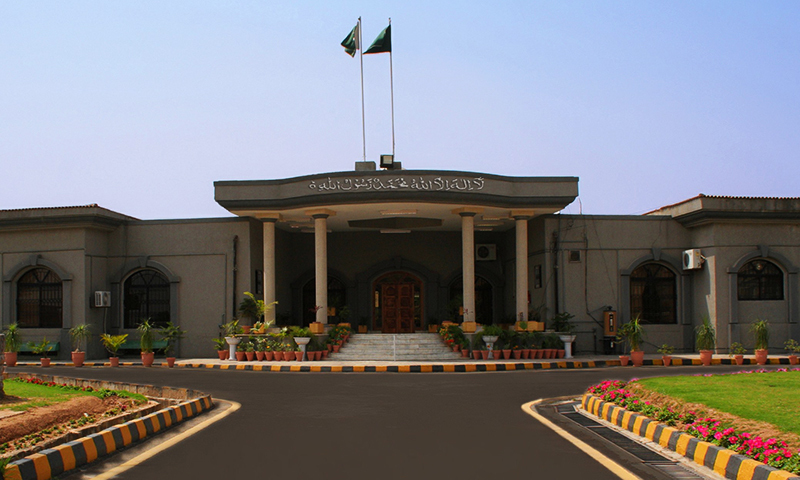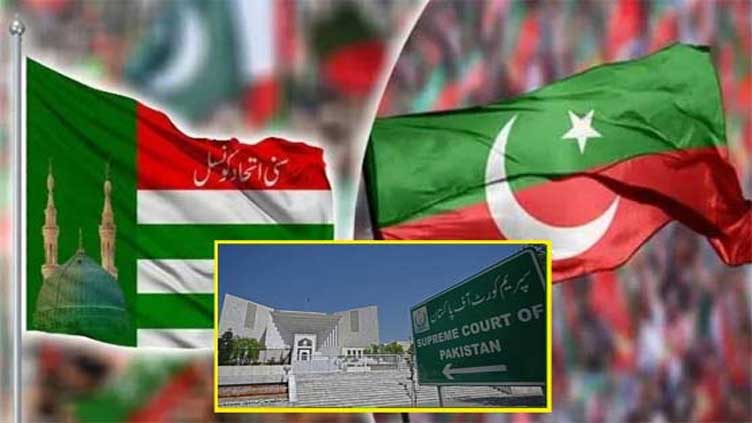On Monday, the Election Commission of Pakistan (ECP) and the Peshawar High Court (PHC) were suspended by the Supreme Court, even as they accepted the plea of the Sunni Ittehad Council for a hearing. The ECP had decided to award the reserved seats of SIC to other political parties.
Judge Mansoor Ali Shah stated that the people’s mandate should be appropriately represented in the Parliament as the proceedings resumed following a short interim.
Let me explain what the Election Commission has truly done, stated the Council of the ECP. We only dispersed the reserved seats once. No new distribution of them was made.
The court, Justice Shah said, was more interested in following the Constitution than in what the Election Commission had done. Giving other parties more seats isn’t it against the idea of proportionality, Justice Shah questioned.
Seats were unfairly awarded to other parties, according to Justice Athar Minallah. Even after losing the electoral symbol, a party could still run for office, according to his observation.
In order to determine whether the case would be handled by the same bench or a larger bench would be established to hear it, the Supreme Court then forwarded the reserved seat subject to the Judges Committee.
The Pakistani Election Commission received applications from the opposing parties on March 4 and decided to utilise a proportional representation process to assign seats to political parties based on the number of seats each party won. This meant that seats in the National Assembly and provincial assemblies would not remain empty.
The PTI-backed SIC lost 77 reserved seats as a result of the development, including two women’s seats in the Sindh Assembly, twenty women’s seats in the National Assembly, twenty women’s seats in the Khyber Pakhtunkhwa Assembly, and twenty-seven women’s seats in the Punjab Assembly; all totaling twenty-three seats.
Additionally, pleas for women’s and minorities’ reserved seats submitted by the Sunni Ittehad Council (SIC) were denied by the Peshawar High Court.In its challenge, the party said that SIC should not have been granted reserved seats for women and minorities by the Election Commission of Pakistan (ECP).
Previous steps
In a case involving the refusal to provide the Sunni Ittehad Council (SIC) reserved seats, the appeal court had previously dismissed the federal government’s challenge to the three-member bench.
An appeal for reserved seats submitted by the Sunni Ittehad Council is being heard by a three-judge panel led by Justice Mansoor Ali Shah and including Justices Muhammad Ali Mazhar and Athar Minallah.
The federal government asked the court to form a larger bench so that more people could hear the matter when the hearing got underway. Adviser General Aamir Rahman, speaking for the federal government, stated that the appeals could only be heard by a larger bench. But the objection on the bench was dismissed by the court.
Situated on reserved seats, the female parliamentarians expressed disapproval of the bench as well. Under the Practice and Procedures Act, only a five-member bench could hear the issue, according to the attorney for the female parliamentarians. The dispute involved the interpretation of Article 51 of the Constitution.
Under Article 185 of the Constitution, Justice Mansoor Ali Shah noted that the current case was being handled as an appeal. Under Article 184/3, the current case was not filed. Court decisions on the admissibility of appeals were left up to the court, according to Justice Mansoor Ali Shah.
In addition, he said, a larger bench may be assembled to hear the case if it was determined that the case could be maintained.
Arguments made by Faisal Siddiqui the Advocate
Prominent Sunni Ittehad Council lawyer Faisal Siddiqui began putting forth the points. Following the February 8 general elections, Siddiqui announced that PTI’s returned candidates became members of the Sunni Ittehad Council.
There were still seven candidates in the National Assembly who had independent status, according to Justice Mansoor Ali Shah.
If PTI was a registered political party, Justice Athar Minallah questioned.
Siddiqui, the advocate, confirmed that PTI was a legally recognised political party. Although it wasn’t present during the election, Justice Shah noted that it was a registered political party.
Can you tell me how many days independent members have to join a party? said Justice Muhammad Ali Mazhar. A political party must be joined by independent members of the National Assembly within three days, according to Siddiqui. Justice Minallah asked,
“Will candidates of a political party forfeit their right to represent if the party lacks an electoral symbol?” A political party might transform into a parliamentary party by running for office, Siddiqui informed the court.
There is also the case where a political party holds elections yet does not allow its successful candidates to leave. What mechanism is used to allocate reserved seats among political parties, Justice Shah inquired?
Justice Shah enquired, “Will the political party take reserved seats according to the number of seats won or can it take more? According to Siddiqui, no political party is allowed to have more reserved seats than their share.
After upon, the Supreme Court quickly postponed the case hearing till 11:30 while summoning Election Commission representatives with documentation.
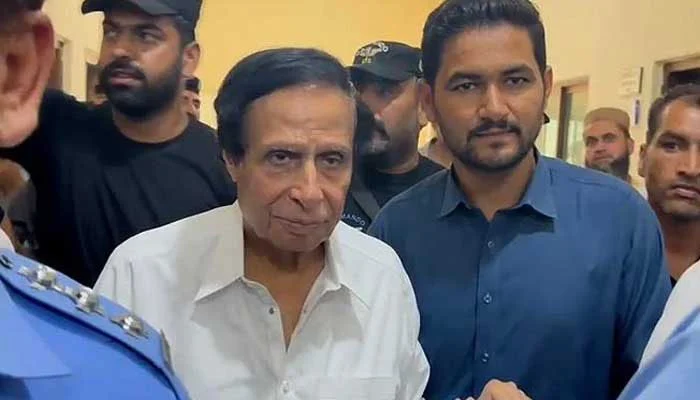

 Business10 hours ago
Business10 hours ago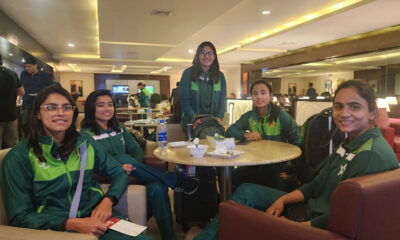
 Latest News10 hours ago
Latest News10 hours ago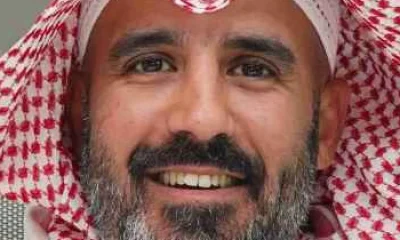
 Business10 hours ago
Business10 hours ago
 Pakistan10 hours ago
Pakistan10 hours ago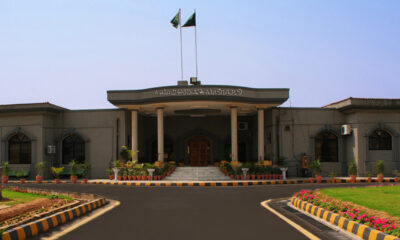
 Latest News10 hours ago
Latest News10 hours ago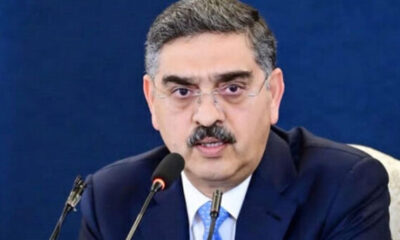
 Latest News11 hours ago
Latest News11 hours ago
 Latest News10 hours ago
Latest News10 hours ago
 Business11 hours ago
Business11 hours ago
